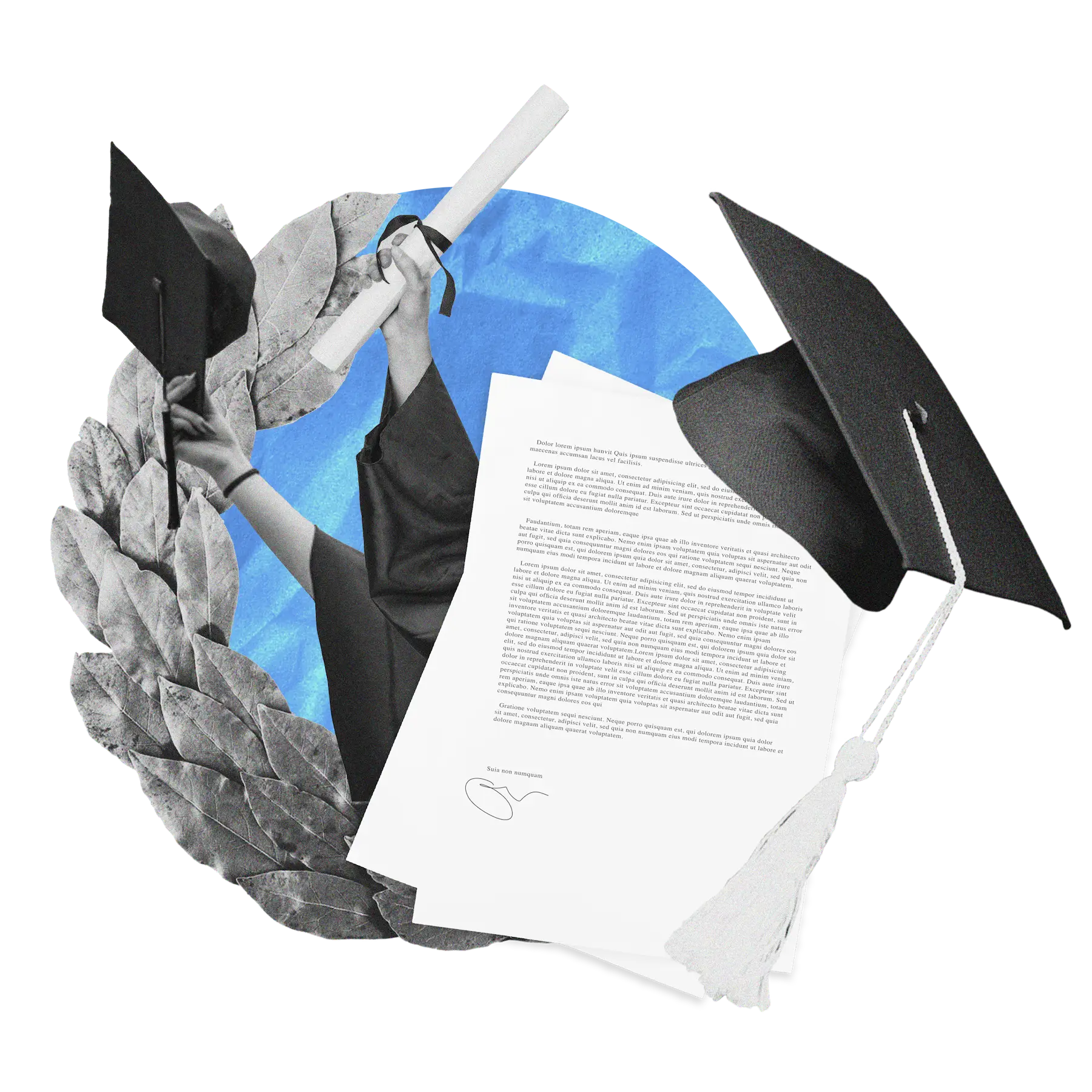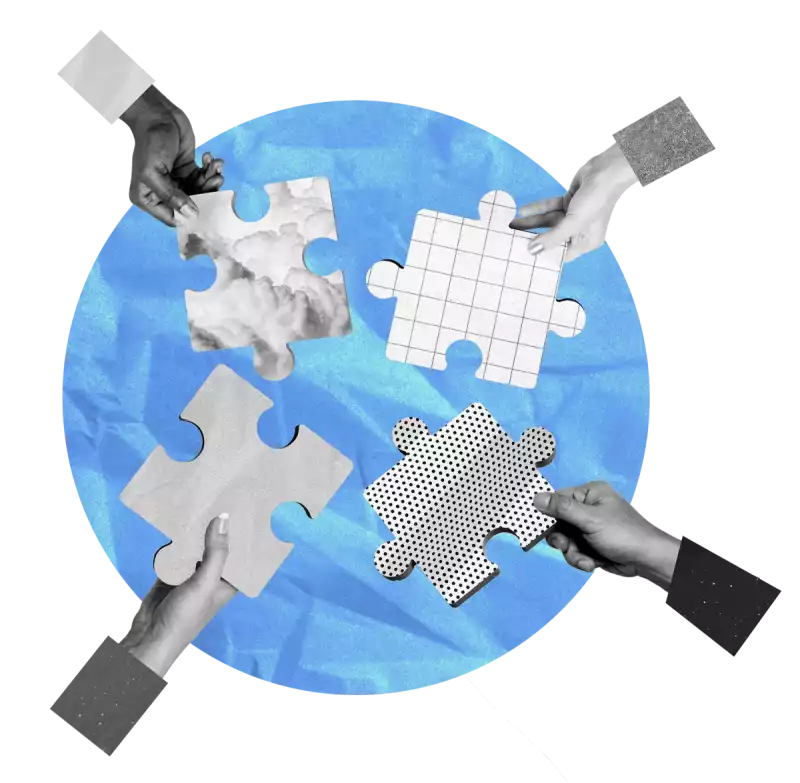Our Annual Report 2019 highlights our achievements in the past year, but also looks forward to the future. It is a chance to reflect on how corruption and governance are changing around the world and how we are adapting to new challenges. It is also a chance to thank, once again, our partners and donors for their unwavering support.
Here is the foreword by Managing Director Gretta Fenner and President of the Board Mark Pieth.
Corruption and poor governance: enemies of the people
As we write this note for our annual report, the world has become a different place. A global pandemic is spreading fast, globalisation has come to a virtual standstill, and almost everything we took for granted is no longer a given.
We have been warned. Not specifically about covid-19, but about the risk of a global pandemic. Yet in many countries we see that structures are not in place and warnings have been ignored for too long. As we are still grappling to understand what is happening, one cannot help but ask, whether governance systems have failed us.
When essential services are deprived of funding because it does not fit the political agenda of those in charge, this points to distorted governance systems that fail to set the right priorities for the public good. And can we really disregard the role corruption has played in fuelling this crisis? No, we cannot. It is clear that public officials have received grease payments to turn a blind eye to illegal trade in endangered species and disregard sub-standard hygiene in markets from where the virus has seemingly spread.
Fighting corruption and strengthening governance may not be at the top of most officials’ priority lists right now as they are busy trying to control the spread of the virus and keep mortality levels low. But when we take a step back and have more space to reflect on underlying causes, we will have a terrible re-awakening to the realisation that corruption and bad governance are devastating our world and our lives.
That’s why at the Basel Institute, we see our mission of combating corruption and strengthening governance not as a cause in itself. Instead, we see it as our contribution to sustainable development, equitable growth, stability, respect for human rights and peace.
Our team has worked hard again in 2019 to make inroads toward these overarching global goals. We are proud of our achievements, and acutely aware how our work interplays with the work of many others, be it in anti-corruption and governance or in other fields. This includes health, where corruption and weak governance compromise the achievement of better development outcomes.
Our partnerships with governments, the private sector, other international organisations and civil society are critical. The covid-19 crisis has shown us like nothing else that we need to come together to go forward.
We hope that the work we describe in our annual report inspires you. By now, when we write this foreword, we know only too well what topic will dominate the year 2020. We sincerely hope to make a contribution to fighting the root causes of this pandemic, so that we may come out of this tragic crisis not only with losses, but also with a new understanding of our global responsibilities, individually and collectively.











